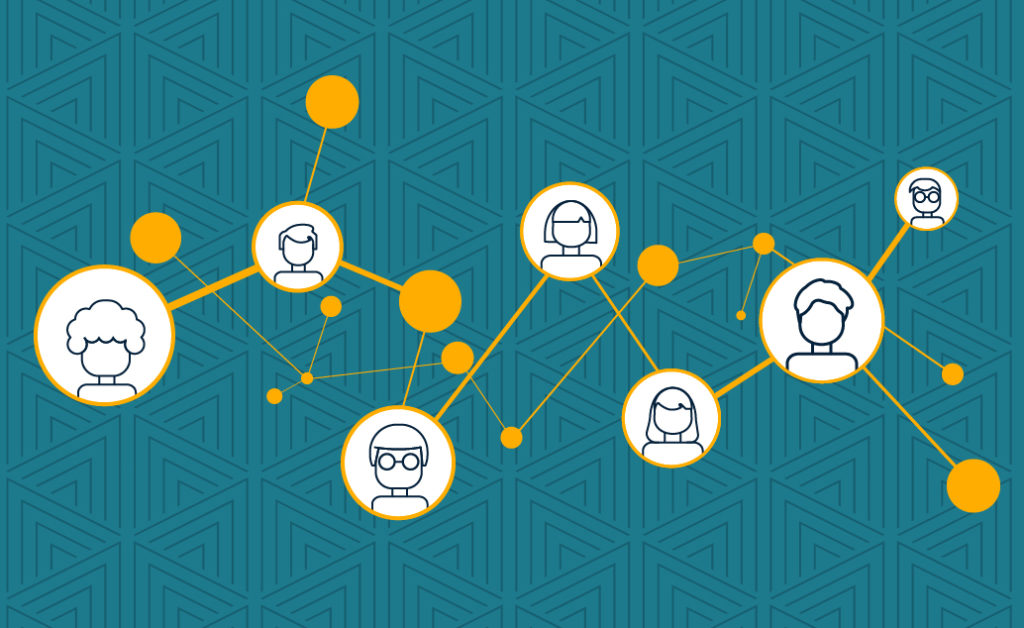
It’s fairly common knowledge how cliques tend to form across various contexts. Typically, they’re made up of people who are alike in some way because we tend to gravitate toward people who we can identify with. In a lot of cases, it’s easy to look at a group and see why the people in the group are the people in the group: They may be of the same race, sex, close age ranges or share similar interests such as fashion and style.
Something similar happens when it comes to people we develop professional relationships with that grow and extend beyond the professional context. However, these connections often move past the more obvious commonalities and involve deeper mutual lived experiences that cause people to connect.
Heinz Kohut, the developer of self psychology, came up with a term called the twinship, which contemporary researchers have developed to represent how we give meaning to our life experiences and how those experiences inform how we develop connections with other people. These experiences can range from similar professional experiences (such as career paths, aspirations and research interests) and personal experiences (such as extracurricular activities, social histories and trauma) to ideologies and worldviews.
Actively accounting for these more diverse, complex experiences can help us better understand and navigate workplace relationship dynamics, along with create stronger bonds between colleagues that can lead to a more effective team. But doing so is a shared responsibility across the individual, subgroups and leadership.
On the individual level, each team member can engage in practices of mindfulness so that they are aware of who they are and what experiences have influenced how they are represented as a member of the team. This lays the groundwork for productive conversations to occur between team members or groups on what lived experiences connect them.
But while groups may understand their relationships through mutual life experiences, leaders can sometimes miss why this bonding is important. Leaders have a responsibility to put systems in place that allow for these types of exchanges through horizontal and vertical lines of power distributions. A leader’s understanding and appreciation of the stories of their followers can strongly influence communication dynamics that consequently impact the overall productivity and efficiency of a team. With this knowledge, leaders can better strategize norms around relationship management in their professional space.
Leadership has a significant role in creating and curbing the culture of an organization, in ensuring that people are in alignment with mission, vision and core values through relationship management. That task is further compounded for those leaders that represent very diverse populations. Creating cultures that are based in deliberate reflection of life experiences paves the path to smoother relationship dynamics, resulting in a more effective team.
Improve the strength and effectiveness of your team by learning today’s best leadership and management strategies. Explore American College of Education’s fully online business programs, including our M.S. in Organizational Leadership.

